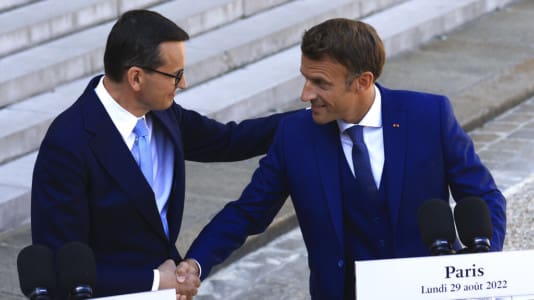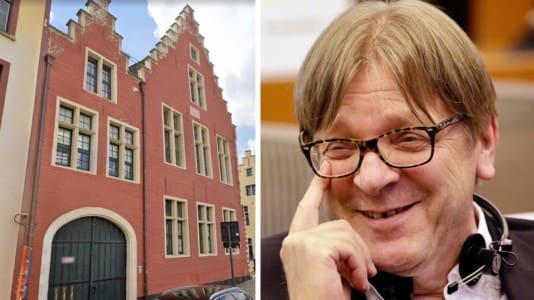The meeting of the National Media Council, the body that oversees public media and appoints the heads of TVP and Polish Radio, was held on Monday. Jacek Kurski, the CEO of TVP presented the corporation’s plans for the months ahead and left the meeting to attend an event south of Warsaw. By the time he reached his car, he was no longer head of TVP.
The chairman of the National Media Council moved for him to be recalled from his post and the entire council, made up of government as well as opposition appointees, concurred.
The move was a shock, as it had not been signaled in any shape or form. Kurski’s position seemed secure; the corporation he managed was seen as staunchly pro-government and had relatively good viewing figures to boot.
There are a number of explanations on offer. The first is that Kurski has been signaling for some time that he wants to get back into front-line politics, standing for election and possibly joining the government in a senior ministerial position. A government reshuffle seems imminent, and many expect that Kurski could figure in it.
The ruling Law and Justice (PiS) press spokesman hinted that this may be the case by posting on social media that Kurski’s work has been assessed positively and that new challenges lie ahead. Kurski himself posted that he was not contesting his dismissal and that he was prepared to serve the ruling block in other capacities.
Some commentators believe that Kurski may spearhead the ruling party’s election campaign in 2023. Kurski has managed election campaigns before and has also been a European parliamentarian. He is seen as a very political animal.
But this may not explain the matter entirely. Being head of TVP gave Kurski a huge public profile, a relatively high salary, and major political influence too. Why give that up for an uncertain ministerial or parliamentary future?
This is why others point to the fact that his high public profile may have in the end cost him his job. Some within the ruling party complained that Kurski was doing much to promote the views and politicians of the “Solidarity Poland” party, which has 20 out of the 230+ MPs in the ruling block and is a junior partner to Law and Justice (PiS). It is led by Justice Minister Zbigniew Ziobro, who is in open conflict with Prime Minister Mateusz Morawiecki. Jarosław Kaczyński, who has backed the prime minister, may have been displeased with the way Morawiecki was sometimes criticized or even marginalized by TVP.
Despite past tensions between Kurski and President Andrzej Duda, it is unlikely that this was the reason for Kurski’s departure from TVP at this time. Jarosław Kaczyński was instrumental in bringing Kurski back after the president forced his resignation in return for the president’s signature of legislation guaranteeing TVP major public funds. Kurski resigned in 2020 but returned within a few months once the legislation was implemented.
Most commentators do not expect any deep changes in the way TVP is managed or in its messaging. Mateusz Matyszkowicz, the man who has taken over as CEO, has for years been the No. 2 to Kurski in the corporation. TVP is seen by PiS as a crucial vehicle for redressing the dominance of the opposition in commercial media.






